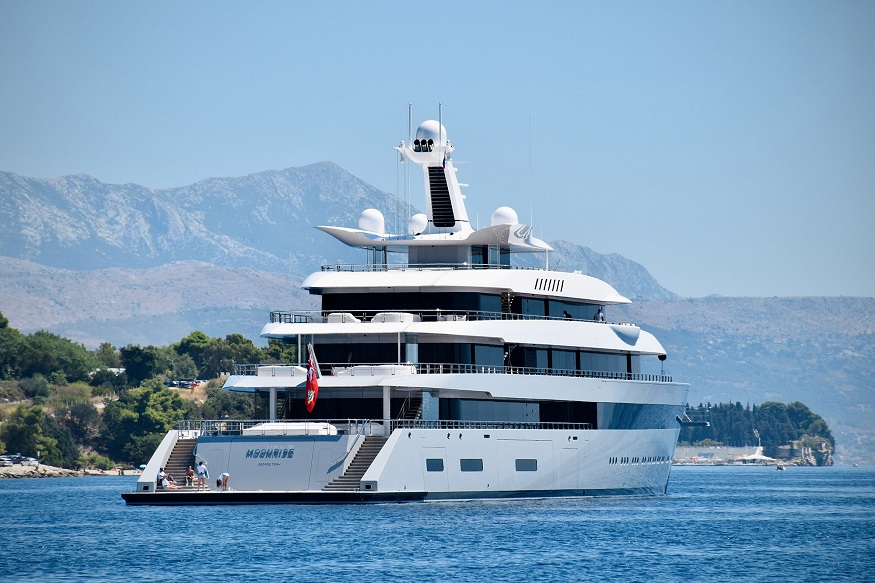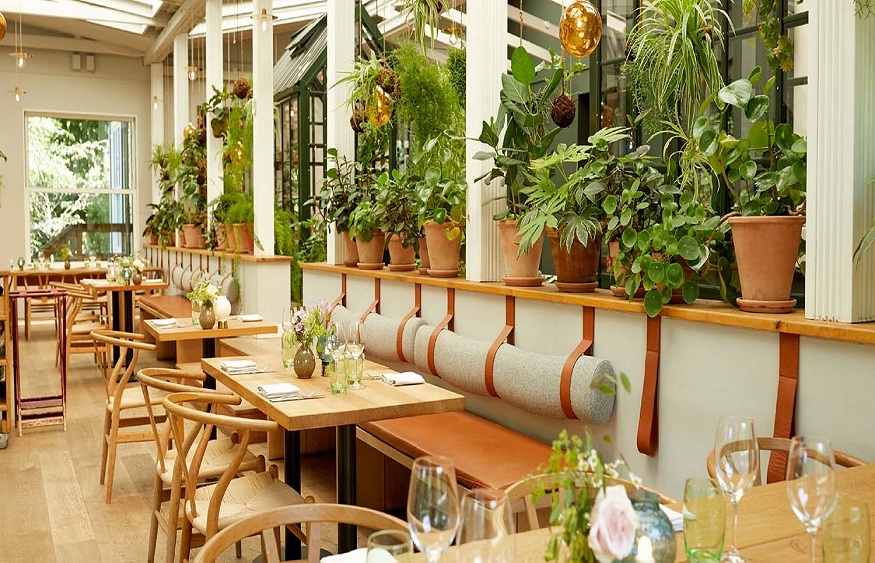Superyachts, luxurious vessels synonymous with opulence and comfort, are often designed to explore the most remote and exotic locations across the globe. From the Mediterranean’s glistening coasts to the pristine waters of the South Pacific, these yachts sail the world, offering their owners and guests unparalleled experiences. However, behind the scenes, provisioning a superyacht while cruising is an intricate task filled with logistical, operational, and practical challenges.
1. Geographical Limitations and Remote Destinations
One of the most significant challenges in provisioning superyachts is their tendency to venture into remote and isolated regions. Unlike commercial ships that follow established routes and stop at major ports, superyachts frequently navigate to exclusive, off-the-beaten-path locations, often with limited access to reliable suppliers and infrastructure.
Provisioning in such areas requires meticulous planning. Local resources may be scarce, and the yacht’s crew might have to arrange for supplies to be delivered from distant locations, which can result in significant delays and inflated costs. For example, finding premium ingredients for high-end dining experiences or sourcing specialised maintenance parts may be difficult when the nearest well-stocked port is thousands of miles away.
2. Cultural and Regulatory Barriers
Sailing through different international waters means crossing various jurisdictions, each with its own set of import regulations, customs protocols, and documentation requirements. Some countries may impose strict restrictions on the import of certain goods, particularly luxury items like fine wines, spirits, or exotic foodstuffs, which are staples of superyacht provisioning.
Dealing with customs delays, tariffs, and possible confiscation of goods adds another layer of complexity to the process. The crew must be aware of these regulations and work closely with local agents to ensure that all provisions clear customs without issue. Additionally, language barriers can exacerbate these challenges, making it harder to communicate with local suppliers and authorities.
3. Ensuring Quality and Freshness of Supplies
Maintaining the superyacht’s reputation for luxury requires that the supplies – whether food, beverages, or other amenities – are of the highest quality. This becomes difficult when cruising in regions with limited access to fresh produce and other essentials. For example, fresh seafood, meats, and speciality items may not be readily available, and certain perishable goods could spoil during transit if logistics aren’t meticulously managed.
Moreover, superyachts often cater to very specific dietary requirements and preferences of guests, making it imperative that the crew sources exactly what’s requested, regardless of the challenges posed by location. Ensuring freshness and high-quality provisions is a never-ending task for the yacht’s chef and stewards, who must also contend with limited refrigeration and storage space onboard.
4. Coordination and Timing
The timing of provisioning is another major challenge. Superyachts are often on the move, making it difficult for suppliers to coordinate deliveries. Delays in the supply chain can result in a shortage of essential goods. This becomes particularly challenging during peak yachting seasons when ports are busy, and demand for high-end provisions surges.
To counter these logistical hurdles, provisioning companies and the crew often must develop detailed itineraries and adjust plans on the fly as situations evolve. Communication between the yacht, the suppliers, and local port agents is crucial for ensuring that provisions meet the yacht at the correct location and time.
5. Cost Management
Finally, the cost of provisioning superyachts in remote and exclusive destinations is significantly higher than in conventional ports. Supplies often need to be flown in, which increases transportation costs. Furthermore, the demand for premium products can drive prices up. This creates a balancing act for the crew, who must manage budgets while ensuring that guests experience the luxury and abundance expected on a superyacht.
Provisioning superyachts while cruising global waters is a complex and dynamic process. The challenges of geographical isolation, regulatory hurdles, maintaining the highest quality standards, and logistical coordination require a high degree of foresight, flexibility, and resourcefulness. The crew and provisioning teams behind the scenes must continually adapt to these challenges to deliver an unparalleled level of service, ensuring that life on board a superyacht remains a luxurious and seamless experience, no matter where in the world the vessel may be.





